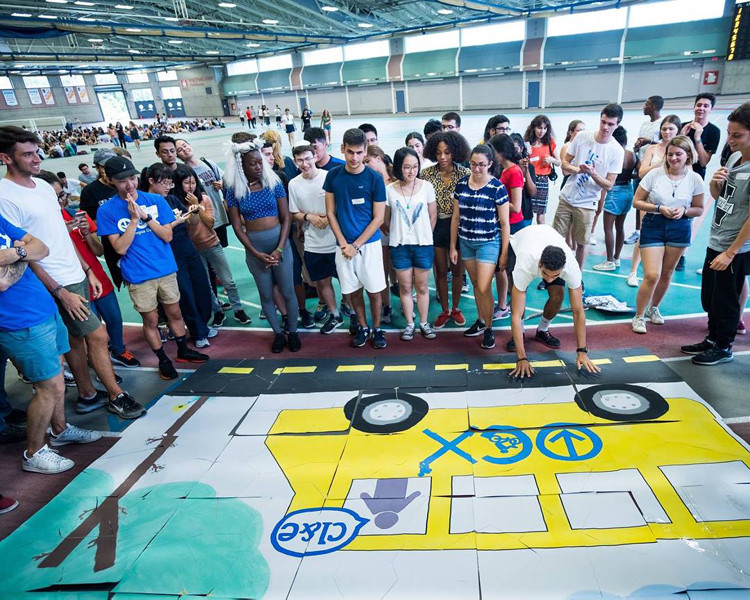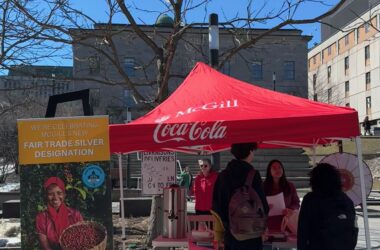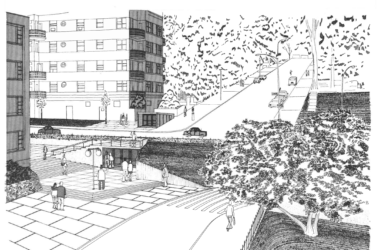Of the 40,000 students attending McGill University, over 37,000 are considered commuters. In order to accommodate this population, the Off-Campus and Commuter Student Support (OCCSS) program at McGill has developed a program geared toward students who do not live in a McGill residence: Project COMunity. The initiative provides a useful resource for these students, providing them with effective resources for adjusting to life off-campus.
The project’s organizers believe that commuter students previously lacked an area on campus to unwind and spend time with their peers. In response, Project COMunity created a space for individuals to relax between classes and engage with other students before their evening commutes home.
Founded nearly four years ago, COMunity has recently developed more extensive support systems for first-year commuter students, who, otherwise, lack an outlet to socialize with their peers. COMunity connectors, a team of upper-year students who are commuters themselves, facilitate the services on offer and plan social events for students living outside of McGill residences.
The connectors collaborate with on-campus clubs and services and work to ensure commuter students have similar access to campus resources as those living in residence. For example, floor fellow-like advisors aid the students’ transitions to university. Additionally, the connectors hold workshops that advise commuters on a variety of topics, such as how to make commuting productive with better time management and how best to schedule downtime on campus. According to Claudia Belliveau, a program intern at the OCCSS, commuter students have a different experience at McGill than those living in residences and, consequently, may need auxiliary support.
“Commuter students have a different experience at university because they spend less time here,” Belliveau said. “Their engagement on campus is much lower. We are here to help. We are all commuter students, so we understand what they go through.”
Throughout November, COMunity is hosting the ‘COMon Ground’ lounge on Monday mornings, a social gathering open to all commuters. During these events, COMunity connectors invite these students to come and enjoy free food and coffee, relax, study, and get to know each other in a space of their own. In the future, COMunity hopes to expand their presence at McGill.
“Our main goal in the next five to 10 years is to create a commuter lounge,” Belliveau said. “A COMon ground for students to meet, hopefully with a kitchen, […] maybe with the ability for some students to spend the night during finals.”
The connectors also try to bridge the gap between students living in residences and those living off-campus; for example, first-year students living outside the McGill bubble can participate in Rez Wars on a team of off-campus students. The organizers hope that these sorts of experiences will help commuters better connect with the McGill community.
“COMunity is a program that strives to make commuter students feel at home on campus just as students living in residence have a home,” Belliveau said.
Ultimately, the COMunity connectors recognize the difficulties of commuting and are dedicated to improving the off-campus student experience. As students, time management is a difficult task, and adding travelling time to a long list of activities can be a struggle. Moving forward, the connectors hope to see more students in their COMon Ground lounge and at future events to extend their impact.









